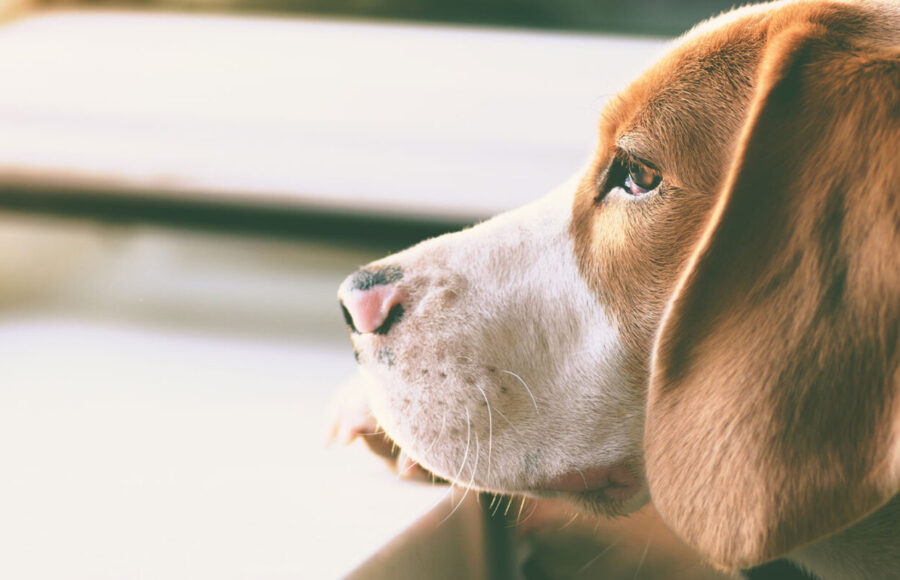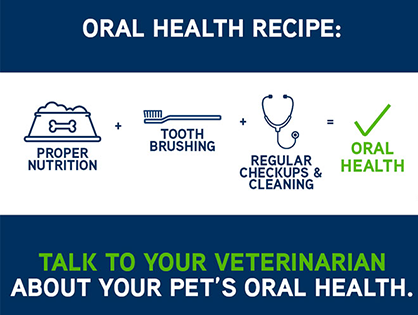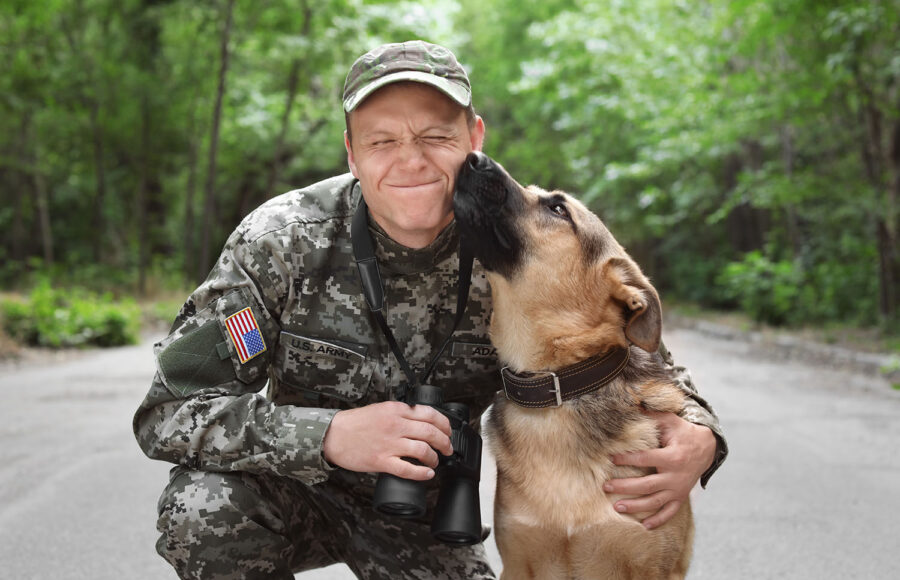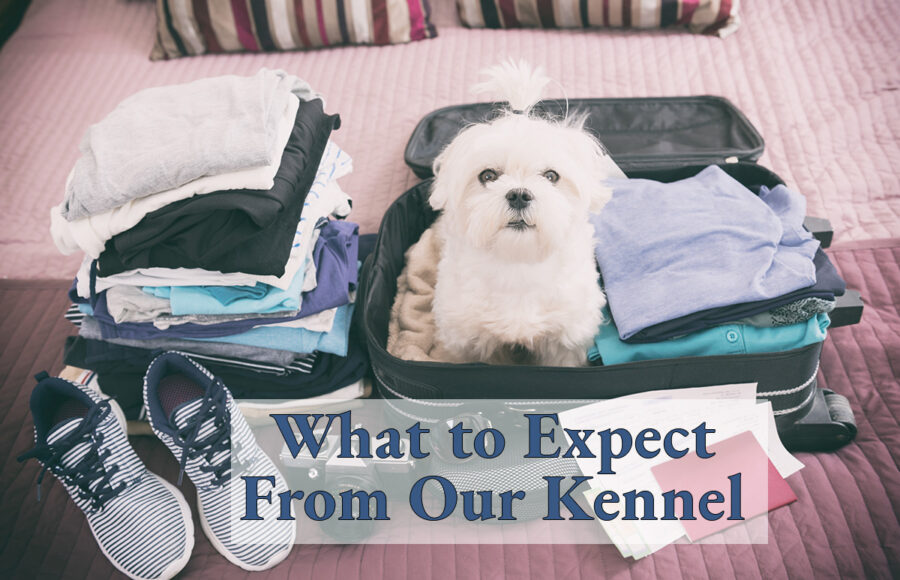
Socializing dogs during COVID-19
From AVMA
Social distancing efforts create special challenges for dog owners striving to ensure their pets enjoy new experiences and are comfortable with social interactions. Family pets grow accustomed to their unique environments, and social distancing can mean fewer opportunities to expose dogs to different places, people, and activities.
During this time, families are still training pets in their household, including dogs that are newly adopted or in new foster homes. Whether a dog is young or old, new to the household or a seasoned family pet, socialization—preparing it to enjoy interactions and be comfortable with other animals, people, places, and activities—is an important part of responsible pet ownership.
While social distancing and other limitations are in place, modifications might be needed to normal socialization plans. A creative approach can still provide the benefits of socialization while also following recommendations for social distancing during the COVID-19 pandemic.
As always, if owners notice concerning changes in their pet’s behavior, they should reach out to their veterinarian for a consultation. It could be a behavioral issue related to changes in the family’s lifestyle or an underlying medical condition.
A creative approach can still provide the benefits of socialization while also following recommendations for social distancing.
Tips for socializing dogs in a socially distant world
The following activities will help guide pet owners through dog socialization during COVID-19, helping to prepare their animals for life when physical distancing is not the norm. During this process, it’s important that pet owners reward engagement with praise, play, and treats to create a positive experience, which encourages pets to enjoy new experiences without becoming fearful or aggressive.
Go for a walk: This provides opportunities for exposure to a variety of new stimuli and experiences. Just like with other members of your family, be sure to maintain at least 6 feet of separation from other people and other dogs.
Go for a car ride: Short, consistent rides get pets used to traveling in a car.
Let dogs explore indoors: Allow them to inspect a variety of toys or common home objects. Be sure to supervise them so no injuries, chewing, or ingestion occurs.
Work with the crate: Acclimate dogs to their carrier or crate. The first step of crate training is helping pets recognize it as their safe space.
Prepare for veterinary visits: Get dogs used to different types of handling, such as playing with their paws, tail, or ears. This will help get them ready for nail trims, thermometers, medication, and other exam activities.
Maintain routine: Keeping a schedule similar to the usual routine will help now and when the family transitions back to normal life.




